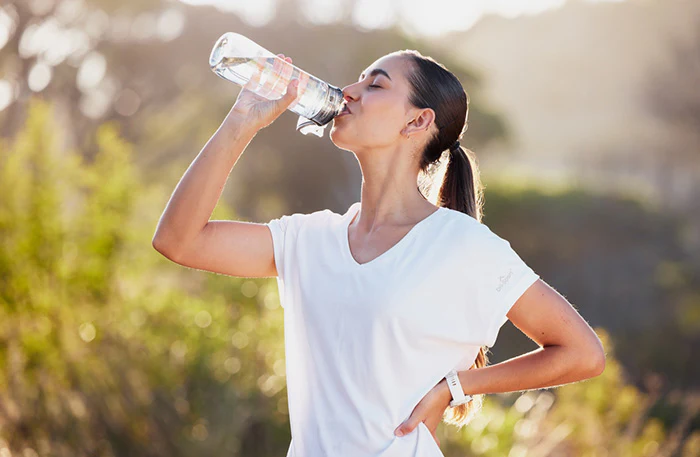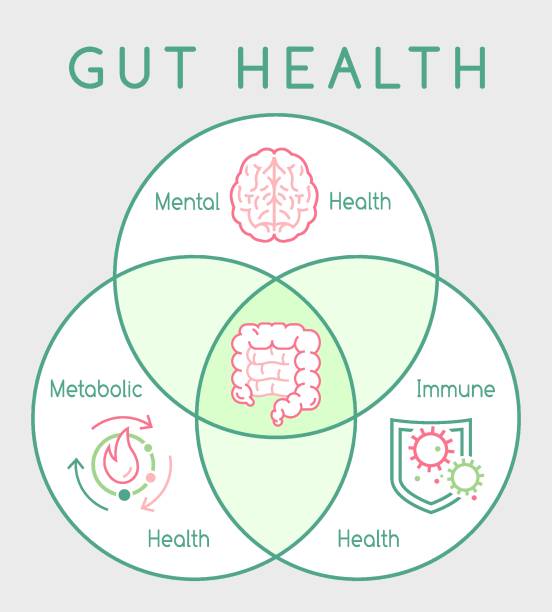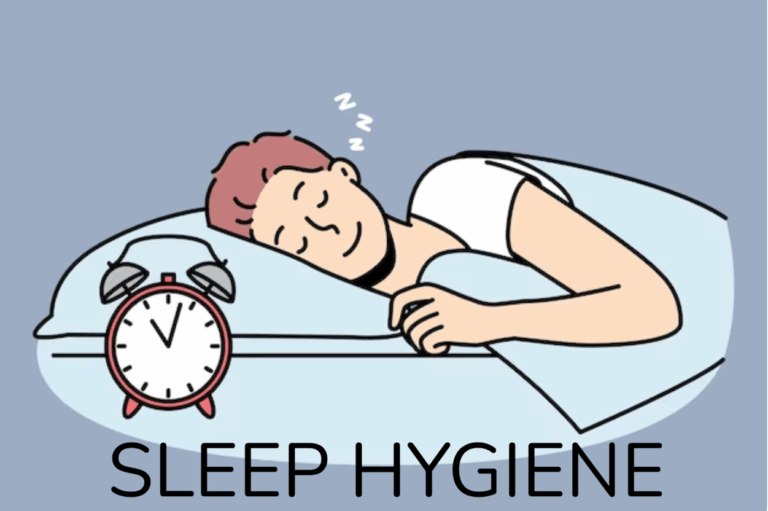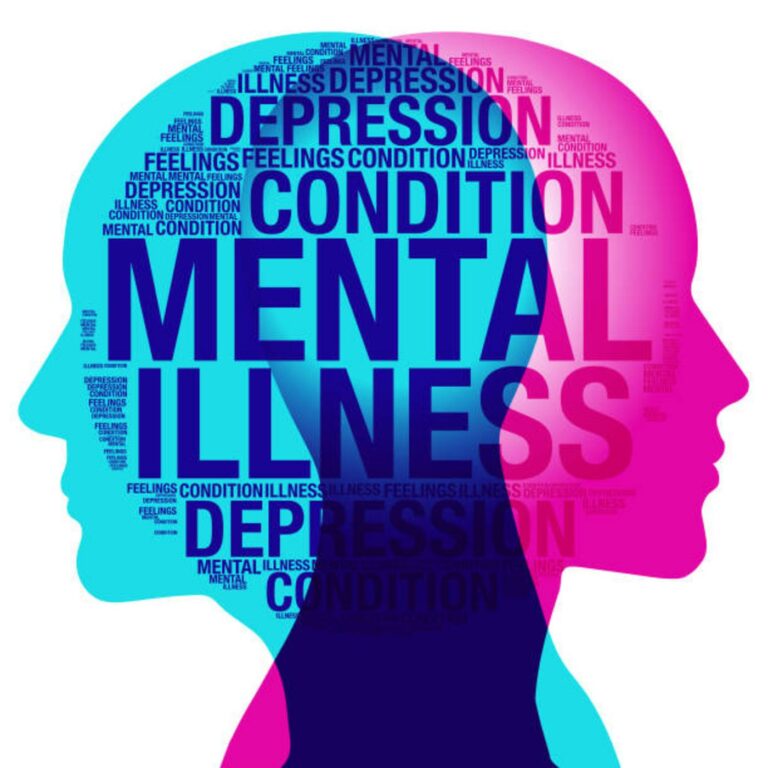
Water is essential for life, yet many of us don’t drink enough. Proper hydration affects everything from energy levels and cognitive function to skin health and digestion.
Understanding why and how to stay hydrated can dramatically improve your overall wellness.
Why Hydration Matters
Water makes up about 60% of the human body and is involved in:
- Regulating body temperature
- Transporting nutrients and oxygen
- Removing waste
- Lubricating joints
- Supporting brain function
Even mild dehydration can cause headaches, fatigue, and impaired concentration.
How Much Water Do You Need?
General guidelines suggest:
- About 3.7 liters (13 cups) daily for men
- About 2.7 liters (9 cups) daily for women
Needs vary based on:
- Activity level
- Climate
- Health status
- Pregnancy or breastfeeding
Listen to your body’s thirst signals as well.
Signs of Dehydration
- Dark yellow urine
- Dry mouth and lips
- Dizziness or lightheadedness
- Fatigue
- Headaches
Severe dehydration requires medical attention.
Tips to Stay Hydrated
- Carry a water bottle everywhere
- Flavor water with lemon or cucumber if plain tastes dull
- Eat water-rich foods (fruits, veggies, soups)
- Set reminders to drink throughout the day
- Avoid excessive caffeine and alcohol, which dehydrate
Hydration and Exercise
Drink before, during, and after workouts. Electrolyte drinks can help for intense or long sessions.
Myths About Hydration
- “You need 8 glasses a day.” Needs vary widely; listen to your body.
- “Clear urine is always good.” Overhydration can dilute electrolytes.
- “Coffee dehydrates you.” Moderate caffeine has minimal effect.
Final Thoughts
Hydration is a simple, powerful way to support physical and mental health. Making water a priority improves energy, focus, digestion, and more.
Small habits—like sipping regularly and eating hydrating foods—make a big difference.







